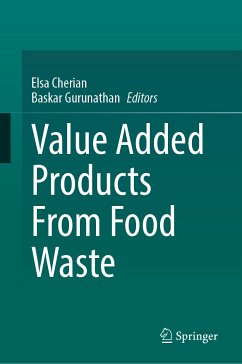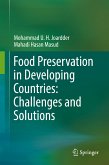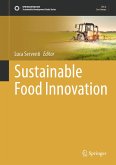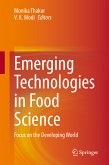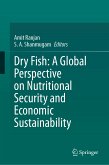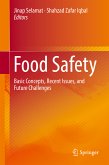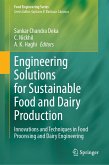Byproducts produced from various agro-based industries like cereals, fruits, vegetable processing, fish, meat and poultry can be converted into beneficial products. For instance, cereal and legume processing produces large quantities of wastes which can result in environmental problems affecting air, soil and water quality. These wastes can be efficiently utilized and converted into value added products such as bioethanol, butanol, biohydrogen, biogas, biocoal, industrially treasured enzymes, biofertilizer, proteins and organic acids.
Value Added Products From Food Waste covers waste management techniques utilized for managing raw materials in the food industry in an efficient way, recovering and reusing waste or neutralizing unwanted components. Chapters focus on the latest technologies and efficient management systems in all areas of food processing that make this process economical and minimize the hazards caused by the deposition of waste. From the dairy industry to cereals to fruits and vegetables to fish, each aspect of the food industry is examined with an eye for how to utilize food waste, transforming these wastes into value added products.
Dieser Download kann aus rechtlichen Gründen nur mit Rechnungsadresse in A, B, BG, CY, CZ, D, DK, EW, E, FIN, F, GR, HR, H, IRL, I, LT, L, LR, M, NL, PL, P, R, S, SLO, SK ausgeliefert werden.

